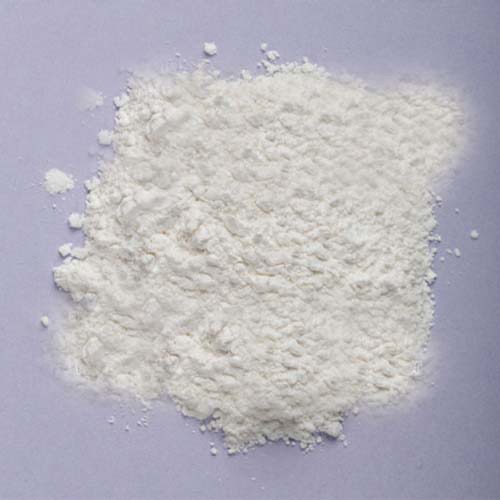Triiodothyronine T3
| Name: | Triiodothyronine T3 |
|---|
Details:
CAS Number: 6893-02-3
Formula: C15H12I3NO4
Molar Mass: 650.9776g/mol
Assay: 99. 2%
Usage: Burn Fat
MOQ: 10grams
Appearance: White Powder
Suitable for: Elderly, Adult
Package: Foil Bag or As Your Demand
Certification: GMP, ISO 9001
Origin: China
Product Description
Triiodothyronine is the active form of the thyroid hormone, thyroxine. Approximately 20% of triiodothyronine is secreted into the bloodstream directly by the thyroid gland. The remaining 80% is produced from conversion of thyroxine by organs such as the liver and kidneys. Thyroid hormones play vital roles in regulating the body's metabolic rate, heart and digestive functions, muscle control, brain development and the maintenance of bones.
Uses of T3 Triiodothyronine
It affects almost every physiological process in the body, including growth and development, metabolism, body temperature, and heart rate.T3 increases the basal metabolic rate and, thus, increases the body's oxygen and energy consumption. The basal metabolic rate is the minimal caloric requirement needed to sustain life in a resting individual. T3 acts on the majority of tissues within the body, with a few exceptions including the spleen and testis. It increases the production of the Na+/K+ -ATPase and, in general, increases the turnover of different endogenous macromolecules by increasing their synthesis and degradation.
T3 Triiodothyronine Effects
T3 increases the basal metabolic rate and, thus, increases the body's oxygen and energy consumption. The basal metabolic rate is the minimal caloric requirement needed to sustain life in a resting individual. T3 acts on the majority of tissues within the body, with a few exceptions including the spleen and testis. It increases the production of the Na+/K+ -ATPase (which normally constitutes a substantial fraction of total cellular ATP expenditure) without disrupting transmembrane ion balance and, in general, increases the turnover of different endogenous macromolecules by increasing their synthesis and degradation.
RETATED PRODUCTS:
Testosterone CAS 58-22-0
Testosterone Propionate CAS 57-85-2
Testosterone Enanthate CAS 315-37-7
Testosterone Decanoate CAS 5721-91-5
Testosterone Acetate CAS 1045-69-8
Testosterone Phenylpropionate CAS 1255-49-8
Testosterone Cypionate CAS 58-20-8
Testosterone Isocaproate CAS 15262-86-9
Testosterone undecanoate CAS 5949-44-0
Formestane CAS 48-35-1
Sustanon
Boldenone CAS 846-48-0
Boldenone Acetate CAS 846-46-0
Boldenone Cypionate CAS 106505-90-2
Boldenone Undecylenate CAS 13103-34-9
Nandrolone CAS 434-22-0
Nandrolone Decanoate CAS 360-70-3
Nandrolone Phenylpropionate CAS 62-90-8
Metenolone Enanthate CAS 303-42-4
Metenolone Acetate CAS 434-05-9
Trenbolone Acetate CAS 10161-34-9
Trenbolone Enanthate CAS 2322-77-2
Drostanolone Propionate CAS 521-12-0
Drostanolone Enanthate CAS 472-61-145
Oxandrolone CAS 53-39-4
Fluoxymesterone CAS 76-43-7
(+)-Dehydroisoandrosterone CAS 53-43-0
Methandienone CAS 72-63-9
Stanozolol CAS 10418-03-8
Oxymetholone CAS 434-07-1
4-chloro-17a-methyl androst-1,4 diene-3-17b-dione CAS 2446-23-3
Mesterolon CAS 1424-00-6
Methasteron CAS 3381-88-2
Methyltestosterone CAS 58-18-4
Methyl-1-Testosterone CAS 65-04-3
1-DHEA
4-DHEA
1,4-DHEA
1-Testosterone CAS 65-06-5
1-Testosterone Enanthate
1-Testosterone Acetate
Mestanolone CAS 521-11-9
Stanolone CAS 521-18-6
Exemestane CAS 107868-30-4
Estrone CAS 53-16-7
Estradiol CAS 50-28-2
Estriol CAS 50-27-1
Trenbolone cyclohexylmethylcarbonate CAS 23454-33-3
Tamoxifen CAS 10540-29-1
Clomifene CAS 911-45-5
Tadalafil CAS 171596-29-5
Sildenafil CAS 171599-83-0
Vardenafil hydrochloride CAS 224785-91-5
Anastrazole CAS 120511-73-1
Letrozole CAS 112809-51-5
Xenical Orlipastat CAS 96829-58-2
Rimonabant CAS 168273-06-1
Sibutramine CAS 106650-56-0
Related Products

Sibutramine
Sibutramine
Read more >>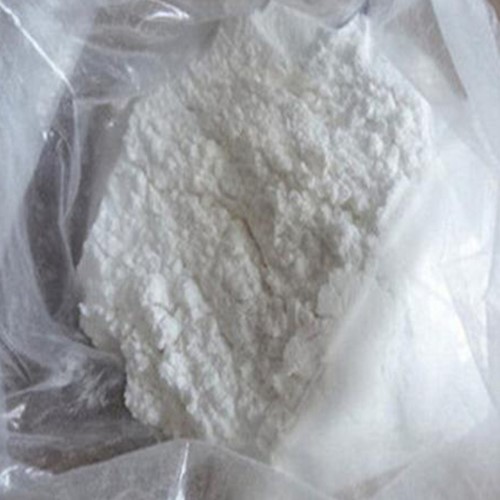
L-Carnitine
L-Carnitine
Read more >>
Sildenafil citrate
Sildenafil citrate
Read more >>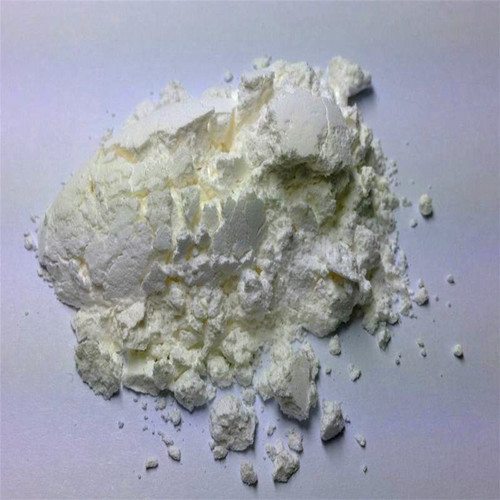
Tadalafil
Tadalafil
Read more >>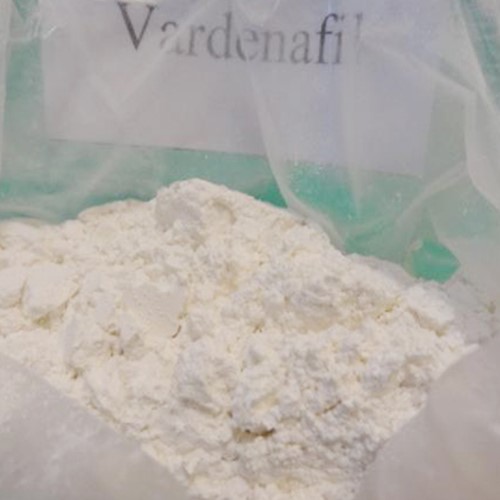
Vardenafil
Vardenafil
Read more >>
Tamoxifen Citrate
Tamoxifen, Tamoxifen Citrate, Nolvadex
Read more >>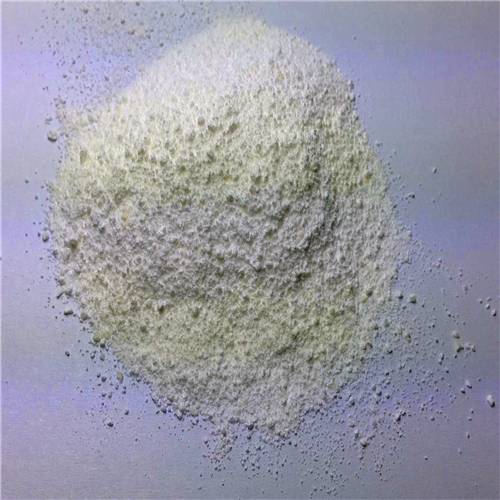
Clomiphene Citrate
Clomiphene Citrate, Clomiphene, Clomid
Read more >>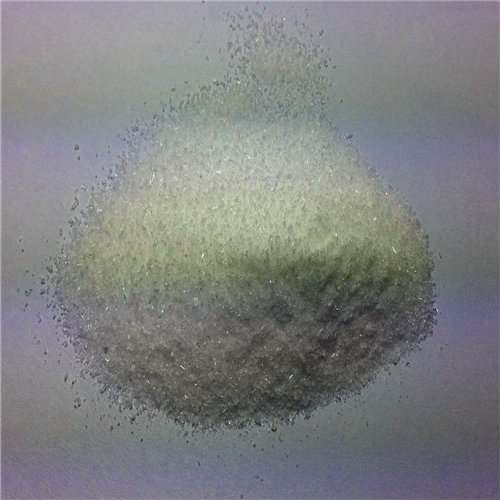
Anastrozole
Anastrozol, Arimidex
Read more >>


